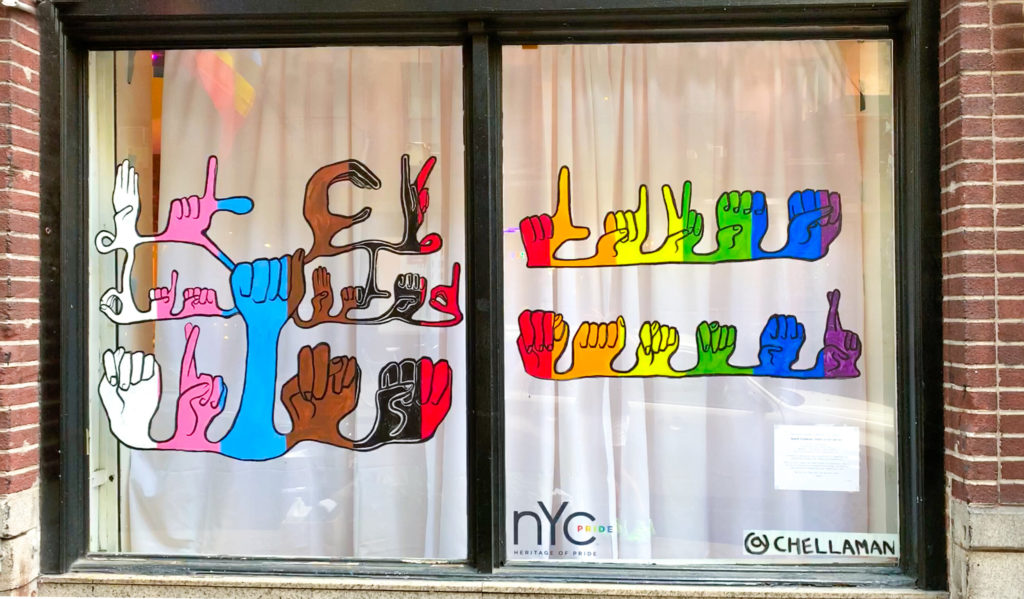Disability COVID Chronicles
Disability COVID Chronicles
The NYU Center for Disability Studies is documenting the experiences of disabled and chronically ill people during the COVID-19 pandemic.
Disabled people, especially people of color and those living in nursing homes or other congregate housing, have been at greatest risk of infection and death from COVID-19. Our team is preparing an edited volume based on two years (and counting) of research and living in New York City in a state of pandemic. The sixteen chapters document disability communities that have been disproportionately impacted by city and national policies, work and housing conditions, stigma, racism, and violence as much as the virus itself. In the shadow of “risk,” we report on a variety of disability experiences including incarceration, low wage and essential work, maternal mental health, anti-Asian violence, senior centers, migrant detention centers, Long Covid, public schools, the MTA, blindness and digital accessibility, caregiving, arts workers, and the Black Lives Matter protests.
In collaboration with community members, we are also building a publicly-accessible archive to preserve memories, stories, artworks, and other materials in a range of accessible formats. We are preserving conversations on social media, records of digital public meetings, and photographs of street art and actions that are otherwise ephemeral. Our goal is to chronicle not only vulnerabilities, but creative initiatives for survival under these new conditions that are structured by old inequalities.




